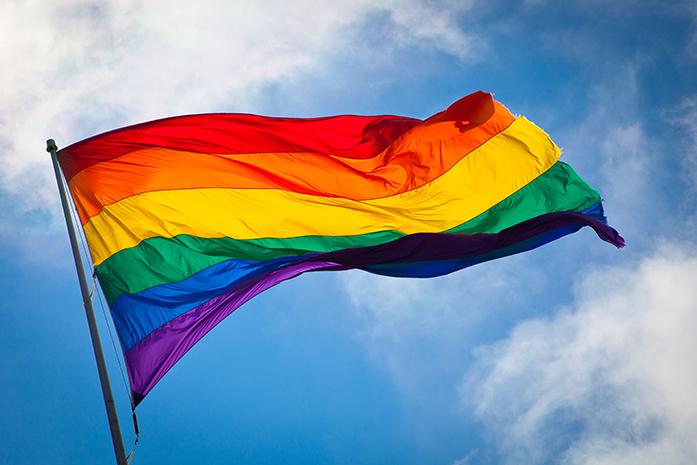In 1867, Alexander Clark sued the Muscatine Public School District when his daughter was denied admission because of her race. The Iowa Supreme Court ruled in favor of Clark, effectively desegregating Iowa public schools a full 86 years before Brown v. Board of Education.
In this very moment, our state again has the chance to demonstrate its historic devotion to human dignity. Conversion therapy (also known as reparative therapy) seeks to change an individual’s sexual orientation or gender identity through a variety of unfounded methods. The State of Iowa Youth Advisory Council petitioned the Iowa Board of Medicine to prohibit conversion therapy after its 21 young members voted unanimously to pursue a ban. A special hearing regarding conversion therapy took place at the Board of Medicine on April 8.
While the fate of this case lies in the hands of the board, I would like to take this opportunity to address fellow Iowans on this issue as a Youth Advisory Council representative. Since its inception in the mid-1900s, conversion therapy has been used as a weapon against people of sexual and gender minorities in an attempt to “cure” them. It is currently banned in four states and the District of Columbia. Below, I have outlined two of the practice’s common manifestations.
A classic tactic of conversion therapy is psychoanalysis. This practice involves repeated dialogue between a therapist and patient in which the patient is led to believe her or his sexual orientation can be changed. The American Psychological Association’s 2009 inquiry concluded that a “very small minority of people” felt reduced same-sex attraction following the regimen. Rather, documented side effects have included grief, debilitating depression, suicidal tendencies, and hopelessness. A 2015 New Jersey Superior Court ruling found it to in fact be a violation of consumer-fraud laws.
Aversion therapy, on the other hand, incorporates nausea-inducing drugs, electric shocks, and/or the immersion of the patient’s hands in ice while they are presented with homoerotic images. It is nothing short of torture. One survivor from Iowa was electrically shocked repeatedly by a therapist while being shown images of men. He later recalled, “I can’t understand how in the world my mother could sit in the office and hear her child scream.”
This is simply unacceptable and personally revolting.
The use of both psychoanalysis and aversion therapy as tools of conversion therapy is denounced by the American Medical Association, American College of Physicians, American Academy of Pediatrics, and National Association of Social Workers. Banning conversion therapy will not inhibit churches attempting to alter a youth’s sexual orientation. It will, however, prevent licensed medical practitioners from engaging in the aforesaid practices.
At the April 8 hearing, survivors, students, social workers, religious leaders, advocates, and health-care professionals stood before the board with one simple message: Enough is enough. We will no longer allow Iowa to harbor a violation of basic human dignity. We will not stand by while children in our state are subjected to a vile, deceitful, and dangerous practice.
Alex Bare, State of Iowa Youth Advisory Council









